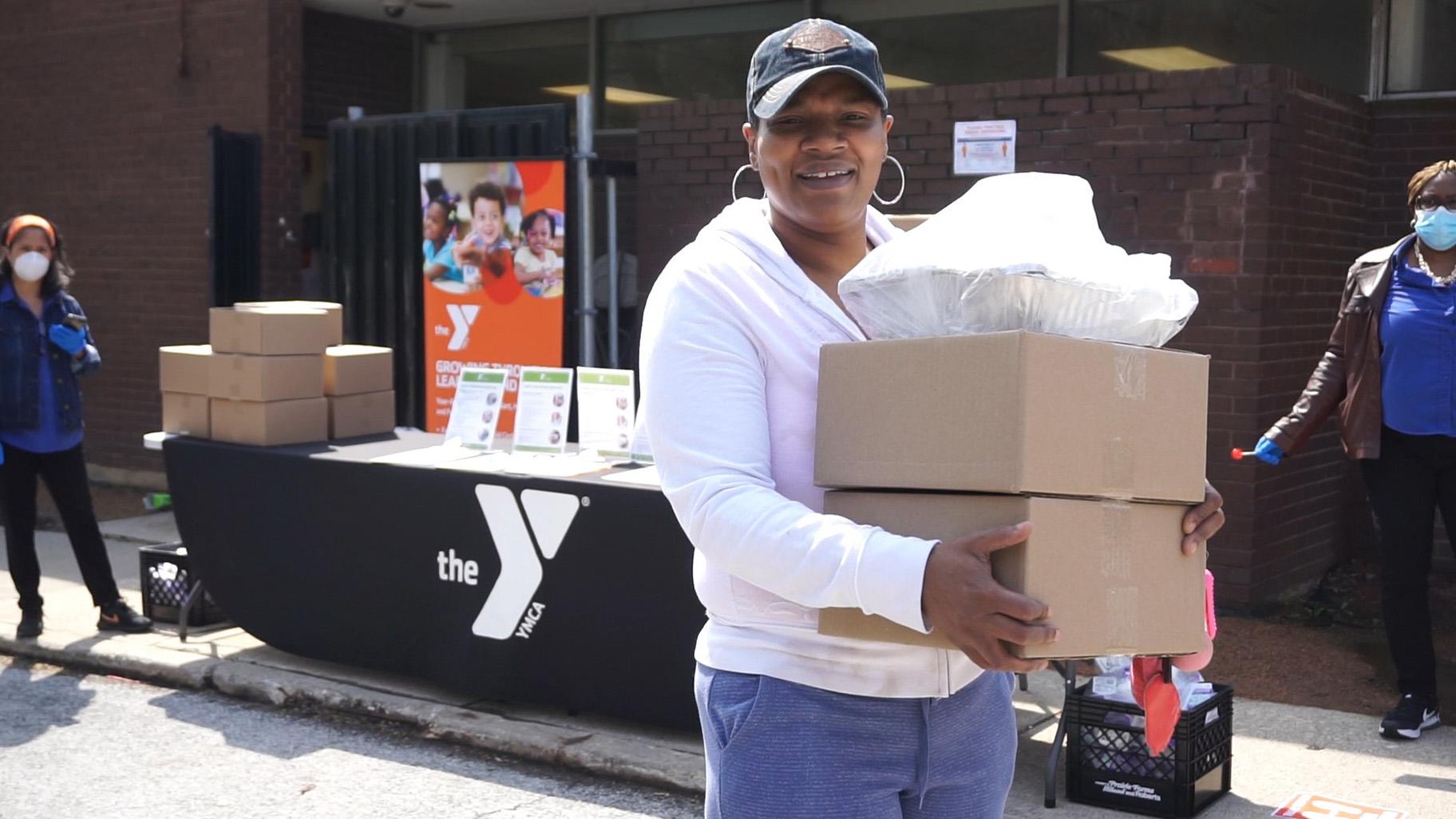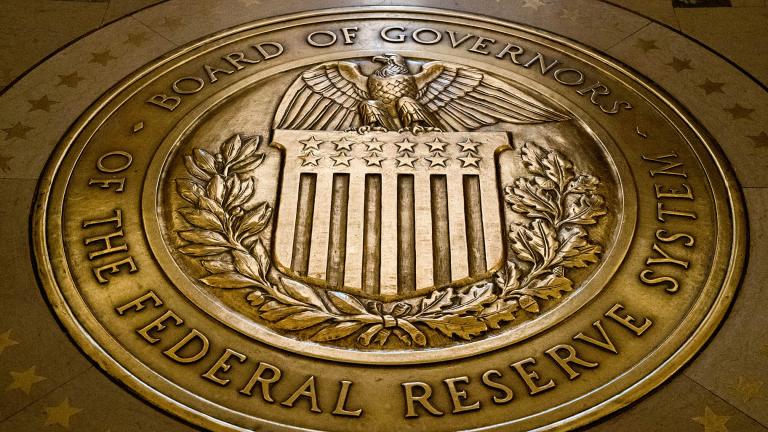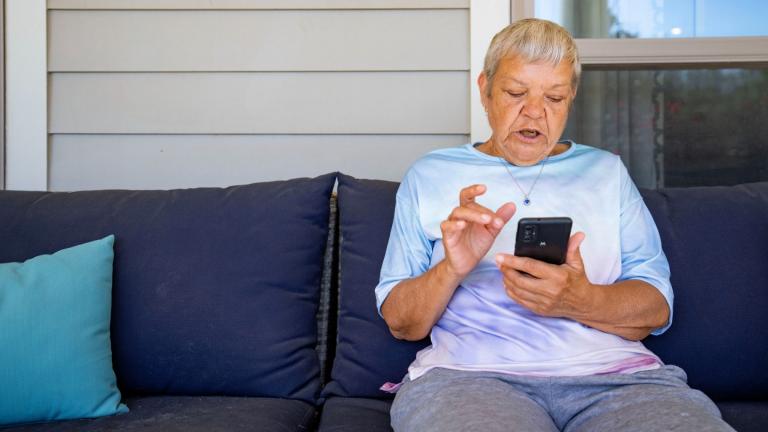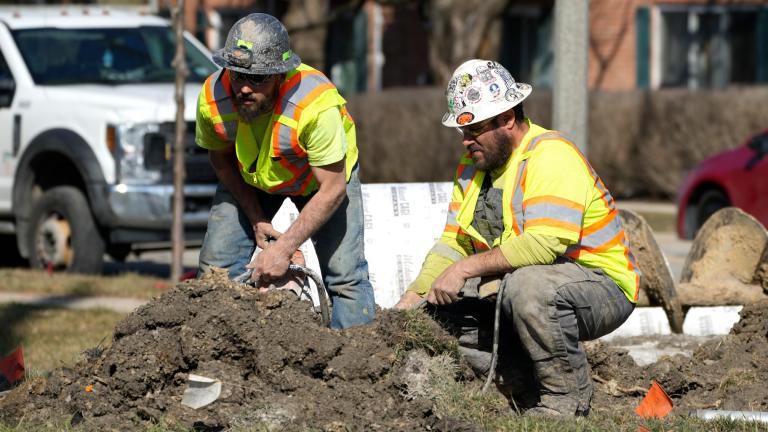Large nonprofit service organizations have found themselves in an ironic bind during the COVID-19 crisis.
Their size and reach allow them to get assistance quickly and efficiently to people in need. But their status as organizations with more than 500 employees also means they are locked out of federal pandemic aid under the CARES Act, which excludes such organizations from applying for forgivable loans.
One of the affected nonprofit organizations in Illinois is the YMCA of Metro Chicago, which serves more than 220,000 individuals and families at their 14 Y centers, five overnight camps and dozens of extension sites in the Chicago area. During the pandemic, the Y has converted gyms and basketball courts into emergency homeless shelters, offered food and supplies to families in need, distance learning for children, and child care for essential workers.
“For us, it’s two priorities: service and survival,” said Richard Malone, president and CEO of YMCA of Metro Chicago. “Already we have closed three of our main YMCA locations … and without more financial assistance from the federal government it’s very likely we’ll have to look at closure of more programs and more locations.”
Bryan Zarou, director of public policy and advocacy at Forefront, a statewide association representing grant-makers and nonprofit organizations, said that while philanthropic organizations have been trying to fill the gaps created by the coronavirus-induced financial crisis, “philanthropy is really there for innovation … it can never be a replacement for government money. So government needs to step up and step up big … They cannot fill in that gap, they cannot be there for the long term.”
 (Courtesy of the YMCA)
(Courtesy of the YMCA)
Zarou notes that organizations like the YMCA, Thresholds, UCAN and the Heartland Alliance are doing work in spaces that the government already is absent from. “They’re serving our most vulnerable populations … what would happen if these organizations were to close their doors? Where would these people go? Will the government be effective at serving those people? I don’t think so,” he said.
Malone said that while philanthropic assistance has been forthcoming, it isn’t enough to keep the YMCA from having to make cuts. “We’re really fortunate to be able to get financial assistance from philanthropy … there’s really nothing coming from the federal government for large nonprofits,” he said.
Malone agrees that the people most hurt by the gap in coverage will be the people his organization serves already. “The people who will suffer the most … is really the people who have been disproportionately affected by the pandemic and the financial crisis,” he said.








